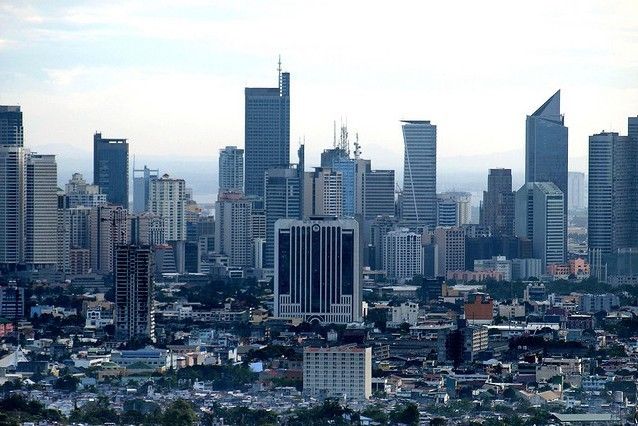Fitch keeps Philippines’ investment grade but flags overheating risks

MANILA, Philippines — Fitch Ratings has kept its grade and outlook on the Philippines, keeping the sovereign’s score a notch above minimum investment grade despite overheating risks.
The international debt watcher said it has affirmed the Philippines' long-term foreign-currency issuer default rating at “BBB,” which signifies adequate capacity for payment of financial commitments that could be impaired by adverse business or economic conditions. Fitch also kept its ratings outlook on the Philippines at “stable.”
This matches the ratings earlier given by the other two of the so-called “big three” debt watchers, Moody’s Investors Service and S&P Global Ratings. A higher rating can lower the cost of borrowing in foreign currencies and can increase the country’s ability to attract foreign investment.
In affirming the country’s credit rating, Fitch said strong macroeconomic performance “remains a rating strength.”
It also expects the government’s balance sheet to remain healthy following the enactment of the tax reform law that aims to partly fund the Duterte administration’s ambitious infrastructure program, which is expected to raise the government's capital expenditure to 7.3 percent of the gross domestic product by 2022.
Risks
However, Fitch said the economy might be running too hot, evident from a recent rise in inflation, rapid credit growth and a widening trade deficit. But this risk might have been contained by the central bank’s decision to tighten monetary policy, it added.
Fitch also cited the Philippines’ lower income per capita and weaker governance and business environment as key concerns.
The debt watcher also flagged the recent Supreme Court ruling that increases the share of local government units’ internal revenue allotments, saying the high tribunal’s decision could create “challenges for effective public-finance management.”
Amid double-digit credit growth that has fueled concern of overheating, the Philippine economy grew 6.8 percent in the first quarter, faster than the preceding three month’s 6.5 percent and the 6.4 percent recorded in the comparable period last year.
Commenting on Fitch’s decision, Bangko Sentral ng Pilipinas Governor Nestor Espenilla, Jr. said the Philippines would remain resilient amid global headwinds.
- Latest
- Trending























